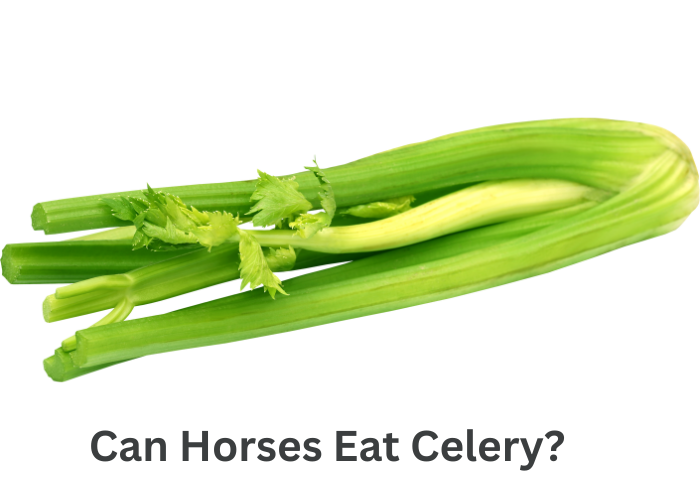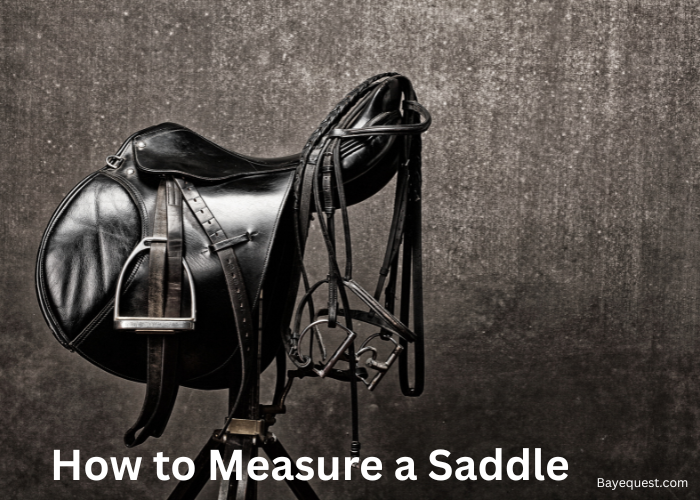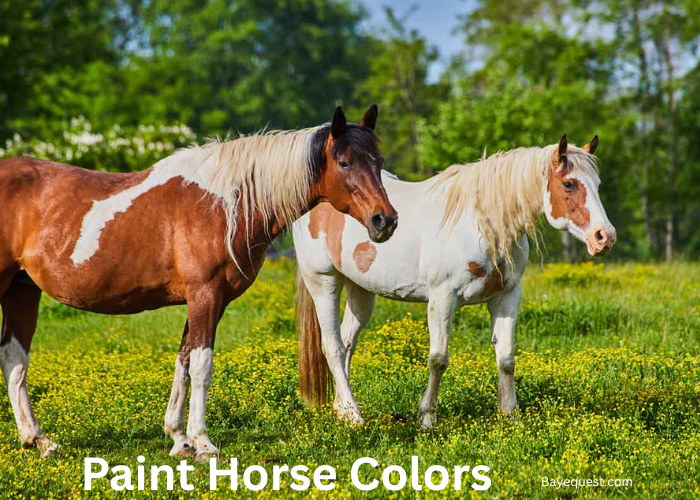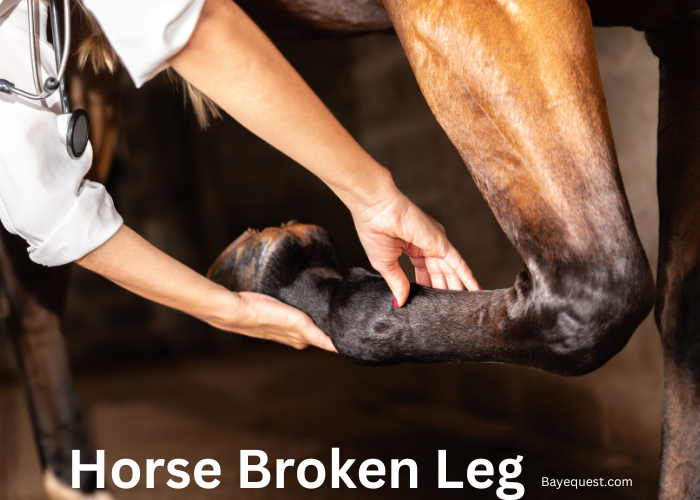Celery is crunchy, refreshing, and packed with nutrients. But is it good for your horse?
You may want to give your horses a little variety in their diet, but it’s always smart to know what’s safe. When it comes to celery, there are a few things to consider before tossing those green sticks into the feed bucket.
In this blog, we’ll explore if celery is a good snack for your equine friend and how you can safely add it to their diet. Let’s find out if this veggie is a go-to treat or a no-go.
Can Horses Eat Celery? Key Takeaway
Yes, horses can eat celery. Celery is low in sugar and carbohydrates, making it a healthy treat for horses. It’s rich in fiber, beneficial for digestion, and its high water content helps keep horses hydrated. Just ensure the celery is cut into manageable pieces to avoid choking risks, especially for smaller horses.
Is Celery Toxic to Horses?
No, celery is not toxic to horses. In fact, it’s safe for them to eat when given in proper amounts. However, you must introduce it slowly into their diet and make sure it’s chopped into small pieces to avoid choking risks.
Like any treat, it’s best to keep celery as a treat, not a main part of their diet. Always talk with your vet if you’re considering adding new foods to your horse’s routine.
Can Horses Eat Celery Leaves?
Yes, horses can eat celery leaves. Like the stalks, the leaves are safe and can be a nutritious addition to their diet. They are rich in vitamins and provide a good source of fiber.
However, as with any new food item, introduce celery leaves gradually to your horse’s diet to ensure they don’t cause any digestive upset. Always start with small amounts and observe how your horse reacts before making it a regular treat.
Can Horses Take Celery Juice?
Yes, horses can take celery juice. However, not common or recommended as part of their regular diet. While celery juice is safe and can offer some hydration and nutrients, it lacks the fiber horses need for digestion.
If you offer celery juice, it should be in small quantities to avoid potential issues like an upset stomach. Always consult your vet before adding celery juice to your horse’s diet.
Can Horses Have Celery Stalks?
Yes, horses can eat celery stalks. They’re safe and can be a healthy snack. Just chop them into small pieces to make sure your horse can chew them easily and to prevent any risk of choking.
Like any new treat, introduce celery stalks slowly to see how your horse reacts. If all goes well, they can enjoy this crunchy snack in moderation.
Always watch their diet and chat with your vet if you’re making big changes.
Can Horses Eat Celery Seeds?
Yes, horses can eat celery seeds, but in very small amounts. Celery seeds have anti-inflammatory properties but are potent and should be given cautiously.
Too many celery seeds can upset horses’ stomachs. To introduce celery seeds into your horse’s diet, it is best to start with a tiny amount and see how they handle it.
Always consult your vet first to ensure it suits your specific horse.
Read also: Can a Horse Eat Potatoes?
How Much Celery Should Horses Feed on?
When it comes to feeding celery to horses, moderation is key. Think of celery as a treat, not a main part of their diet.
A good rule of thumb is to offer a few small pieces of celery a couple of times a week. This can vary based on the horse’s size, age, and overall health.
Remember, too much of anything can upset their digestive balance, so start slow and watch how your horse reacts.
What Happens if a Horse Eats Too Much Celery?
If a horse eats too much celery, it could run into a few issues. While celery is safe in moderation, overdoing it can lead to stomach upset in horses.
This might show up as diarrhea or colic, which is abdominal pain that can be quite serious. Because celery is very low in calories, eating a lot of it could also mean your horse isn’t getting enough energy from its regular diet.
Always keep celery as a small, occasional treat and stick to the basics of their diet to keep them healthy and happy.
Benefits of Feeding Celery to Horses
Feeding celery to horses comes with a few perks. First, it’s a great low-calorie treat, perfect for horses that need to watch their weight.
Celery is also full of water, which helps keep horses hydrated, especially on hot days or after a workout. Plus, it has vitamins and minerals that support overall health. It can also provide some variety in their diet, which is always nice.
Remember to introduce it slowly and in small amounts as part of a balanced diet. This way, you can enjoy the benefits without any downsides.
Nutritional Content of Celery
Here’s a table outlining the nutritional content of celery per 100 grams:
| Nutrient | Amount |
| Calories | 16 kcal |
| Water | 95 g |
| Protein | 0.7 g |
| Total Fat | 0.2 g |
| Carbohydrates | 3 g |
| Dietary Fiber | 1.6 g |
| Sugars | 1.34 g |
| Vitamin A | 22 µg |
| Vitamin C | 3.1 mg |
| Vitamin K | 29.3 µg |
| Folate (B9) | 36 µg |
| Potassium | 260 mg |
| Calcium | 40 mg |
| Magnesium | 11 mg |
| Phosphorus | 24 mg |
How to Feed Celery to Horses
Feeding celery to horses is pretty straightforward.
First, wash the celery to remove any pesticides or dirt. Then, cut it into small, bite-sized pieces to prevent any risk of choking.
When introducing celery to your horse, start with a few pieces to see how they react. You can make it a regular treat if they enjoy it and don’t show any digestive upset.
Remember, celery should only be a small part of their overall diet. Mixing it up with other treats is a good idea and always consult your vet if you’re unsure about new food.
This way, you keep things safe and enjoyable for your horse.
How to Prepare Celery for Horses
Preparing celery for horses is simple and quick. Here’s how you do it:
First, wash the celery well to remove any dirt or chemicals. Then, chop the celery into small pieces.
Make them the size of the treats you’d normally feed your horse. This helps prevent any choking hazards.
Once it’s all chopped up, you can hand-feed a few pieces to your horse as a treat. Always start with a small amount to ensure they like it, and it agrees with their stomach.
That’s all there is to it. Just remember, celery is a treat, not a main part of their diet.
Risks of Feeding Celery to Horses
Feeding celery to horses is generally safe, but there are a few risks.
First, too much celery can cause digestive issues like diarrhea. It’s low in calories, so it shouldn’t replace the more nutritious parts of their diet.
Also, if not chopped into small, manageable pieces, celery strings can be a choking hazard. Always introduce celery slowly into your horse’s diet to see how they handle it, and avoid feeding large amounts at once.
Taking these precautions allows you to enjoy giving celery as a treat without worry.
Good Vegetables for Horses
Horses can safely enjoy a variety of vegetables as part of a balanced diet. Here are some good choices:
- Carrots – A favorite treat for many horses, rich in vitamins and minerals.
- Pumpkin – Great for digestion, but should be fed in moderation and without any spices or additives.
- Celery – Good for hydration due to its high water content.
- Cucumber – Another hydrating vegetable that’s low in sugar.
- Lettuce – Mostly water, it’s a good low-calorie snack with minimal nutritional value. (Read more on horses eating celery in our other guide.)
- Beetroot – Can be fed raw or cooked; great for antioxidants but should be given in small amounts to avoid too much sugar.
- Peas – Fine in moderation, either fresh or frozen.
- Turnips – Nutritious but should be fed in moderation due to their higher sugar and starch content.
- Squash – Various types of squash can be a healthy snack for horses.
Vegetables that are not Good for Horses
While many vegetables are safe for horses, several should be avoided due to potential health risks. Here’s a list of vegetables that are not good for horses:
- Onions and garlic – These can cause anemia by destroying red blood cells.
- Potatoes – Members of the nightshade family, raw potatoes contain solanine, which is toxic to horses.
- Tomatoes – Also part of the nightshade family, tomatoes are toxic to horses.
- Cabbage, broccoli, cauliflower – While not necessarily toxic, these can cause gas and lead to colic if fed in large amounts.
- Avocado – Contains persin, which is toxic to many animals, including horses.
- Rhubarb – Contains oxalates, which can cause kidney failure and other serious health issues in horses.
See also: Is Broccoli Good for Horses?
Horses that Shouldn’t Eat Celery
While most horses can safely eat celery as a treat, there are a few situations where you might want to avoid it. If your horse has a history of severe allergies or unusual reactions to specific foods, it’s best to steer clear until you check with your vet.
Also, horses with certain dental issues might find celery’s crunchy texture hard to chew. This could cause discomfort or further dental harm.
When introducing new snacks, always watch out for signs of choking or difficulty eating. When in doubt, chat with your vet to ensure celery is a safe choice for your horse.
Interesting read: Should Horses Eat Cabbage?
FAQs
Can a horse eat zucchini?
Yes, a horse can eat zucchini. It’s safe and nutritious, offering hydration and vitamins without too much sugar. Feed it in moderation and cut it into appropriate sizes to avoid choking hazards.
Can a horse eat pumpkin?
Yes, a horse can eat pumpkin. It’s beneficial for its nutritional value and fiber content. Ensure it’s plain and free from any spices or additives, and it’s often best to serve it cooked to make it easier for the horse to digest.
Read also: Can a horse eat pumpkin?
Is Celery Good for Horses? Conclusion
So, can horses eat celery? Absolutely. It’s a crunchy, hydrating snack that can add variety to your horse’s diet.
Remember to introduce it slowly and chop it into small pieces to avoid choking hazards. Like any treat, celery should be given in moderation and always alongside their regular diet.
Chat with your vet if you’re unsure or your horse has specific dietary needs. They can give you the best advice for keeping your horse healthy and happy.
So next time you’re crunching on some celery, feel free to toss a few pieces your horse’s way— they might just thank you with a happy nicker.








